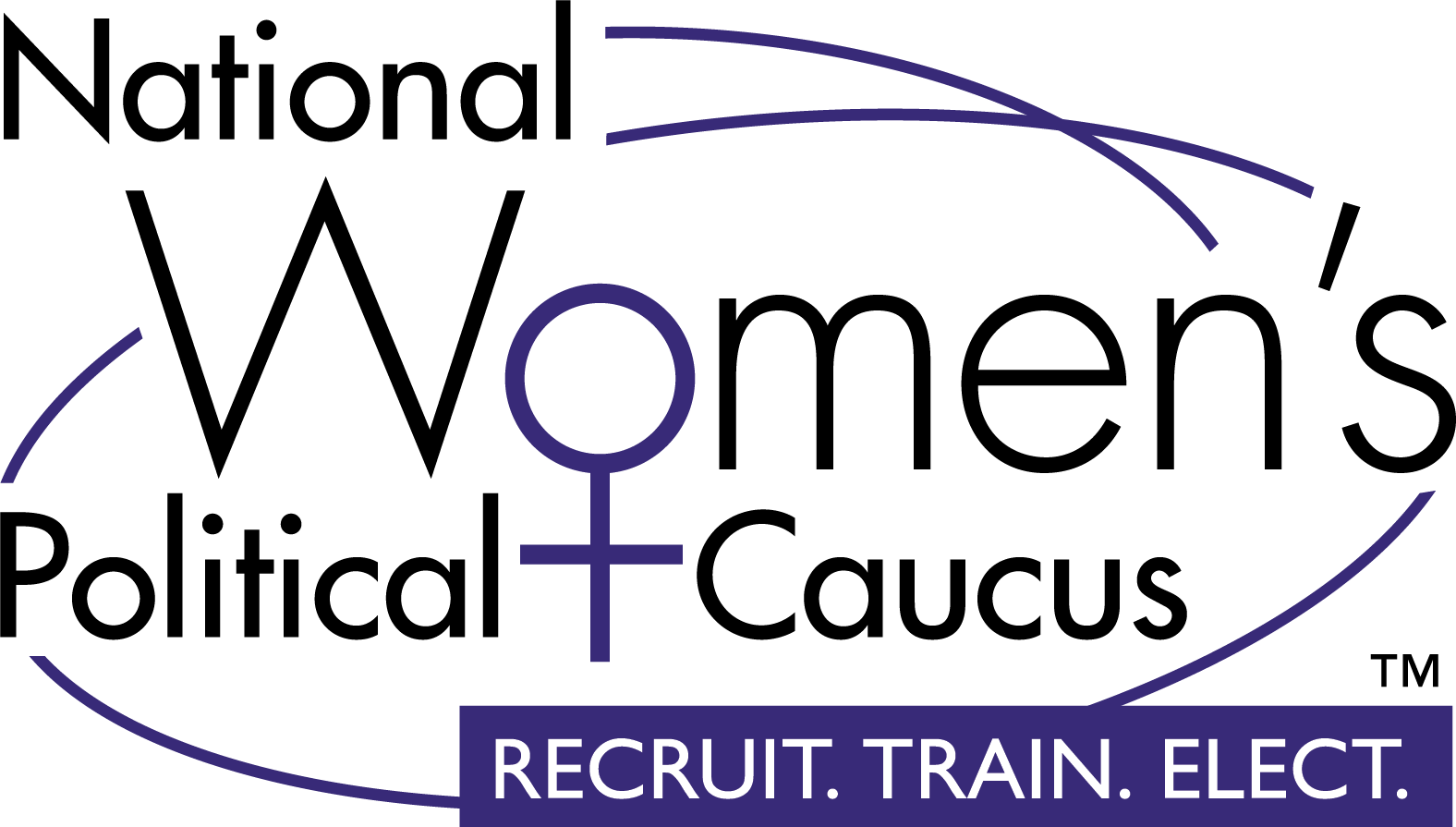By Dr. Carmen Schaye, NWPC Vice President of Diversity
Though almost anyone can run for office, there is certain knowledge and skill that makes someone an ethical, responsible politician. The most surefire way to gain that skillset is through hands-on experience. The question is: how does one gain sufficient experience to lead before taking office? Obviously, there is no easy answer or pathway – some deeply qualified candidates never win a single election, while the sitting President won his election despite having no experience as an elected official.
The most reliable means of building a strong political career is through fostering one’s connection to a community. There is a reason that many politicians begin on the local level before expanding to state or federal office; at the local level, a politician can approach issues with personal experience on the issues at hand, and credibly offer solutions to improve them.
There is perhaps no elected office more intimately connected to a community than that of a school board member. While mayors and city council members interact with a diverse range of issues and policy areas, school board members are specifically tasked with providing for the future of the community through the oversight of its schools, and thereby its children. As such, a school board member is entrusted with the responsibility to maximize a city’s resources to ensure that it provides children with the tools necessary for a gainful career and healthy adult life. Furthermore, the members of a community who the school board interacts with most frequently are not the students themselves, but the students’ parents. Needless to say, parents are extremely passionate about their children’s education. To that end, the school board must work in concert with the parents in a community to hear their concerns and implement solutions wherever possible.
School board members are truly on the frontlines of problem-solving, working towards the shared future of a community. A school board’s actions can influence student’s academic achievement, and school board members make decisions that impact future generations by setting policy and allocating resources necessary for student academic achievement. The board member sets priorities and can hold the district accountable for meeting student expectations.
For all of the above reasons,a school board is a great place to start a career in public service as an elected official, particularly as a woman. Nationwide, 44% of school board members are women. Far removed from the grandstanding surrounding national politics, school board elections deal with the concrete problems facing a community. They demand that candidates propose solutions to problems, and their success or failure in office rests on their ability to achieve those solutions, or at minimum, to improve the performance of the schools. This sort of solution-oriented strategies, rather than soaring rhetoric or shallow fearmongering, is the foundation for a sustainable career as an elected official.
Take for example, the career of Jackie Goldberg, a 74-year-old former California assemblywoman , who this week is the frontrunner in a special election for a seat for the Los Angeles Unified School District board of education. Goldberg is running because she believes that there is a need for her experience and skills in this critical period of Charter School inundation in California school districts. As a former teacher, she knows firsthand the needs of the classroom and pathways to student success. Goldberg will now face whomever emerges as the second-place finisher–currently a dead heat between Graciela Ortiz and Heather Repenning–in a run-off election. While all of the contenders for the seat are uniquely qualified, Goldberg has the enviable position of a proven track record as a classroom teacher and school board member; Goldberg previously served on the school board from 1983 to 1991, fighting for increased autonomy for teachers and administrators within schools. After 1991, Goldberg went on to serve as an LA City Councilor and subsequently as a California Assemblywoman. While in the state assembly, she studied the budgets of school systems statewide, and authored legislation tailored towards optimizing school performance. Having served on a school board, she knew what sort of solutions would funnel resources to students and improve schools.
Democracy is a tricky business, and there will inevitably be politicians who seek to jump the line. As more women seek elected office, many are choosing to run for legislative positions and skipping school board. But building a strong foundation through community organizing and local action is the best way to ensure that when a politician arrives in office, they can achieve their policy proposals with a realistic and considered idea of how campaign proposals will translate to action and ultimately affect the communities involved. A school board is a fantastic place to build on-the-ground experience and a sense of what it means to lead.

